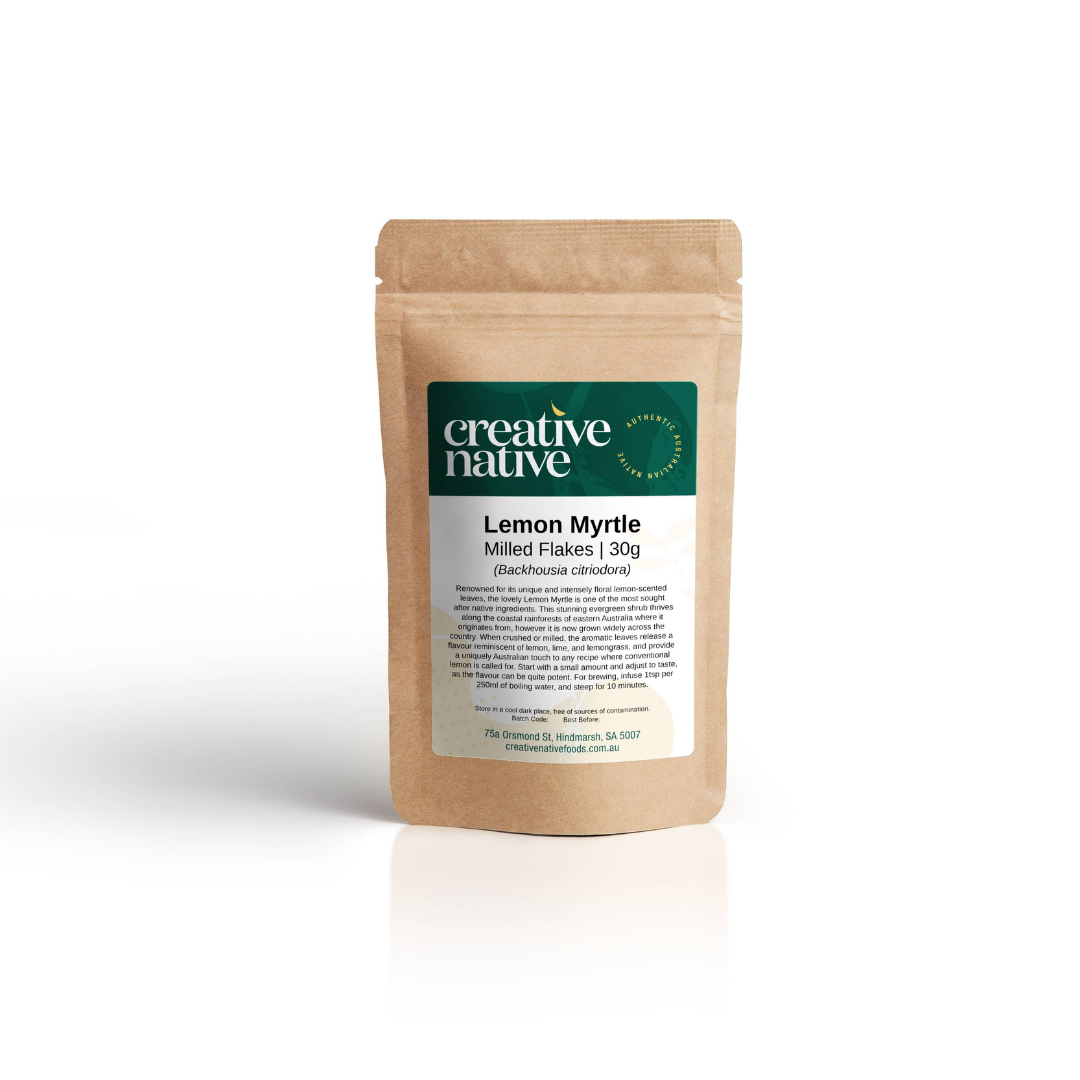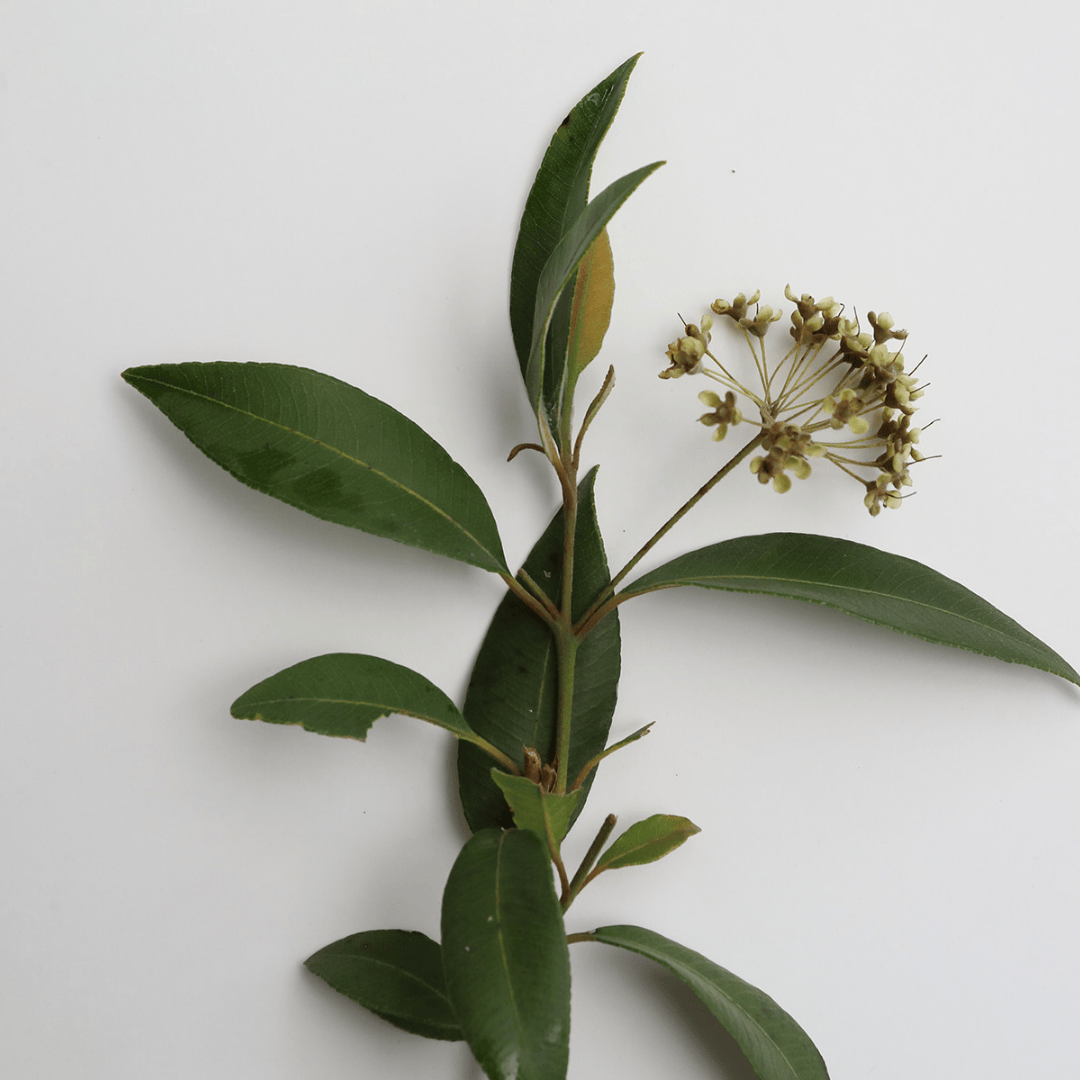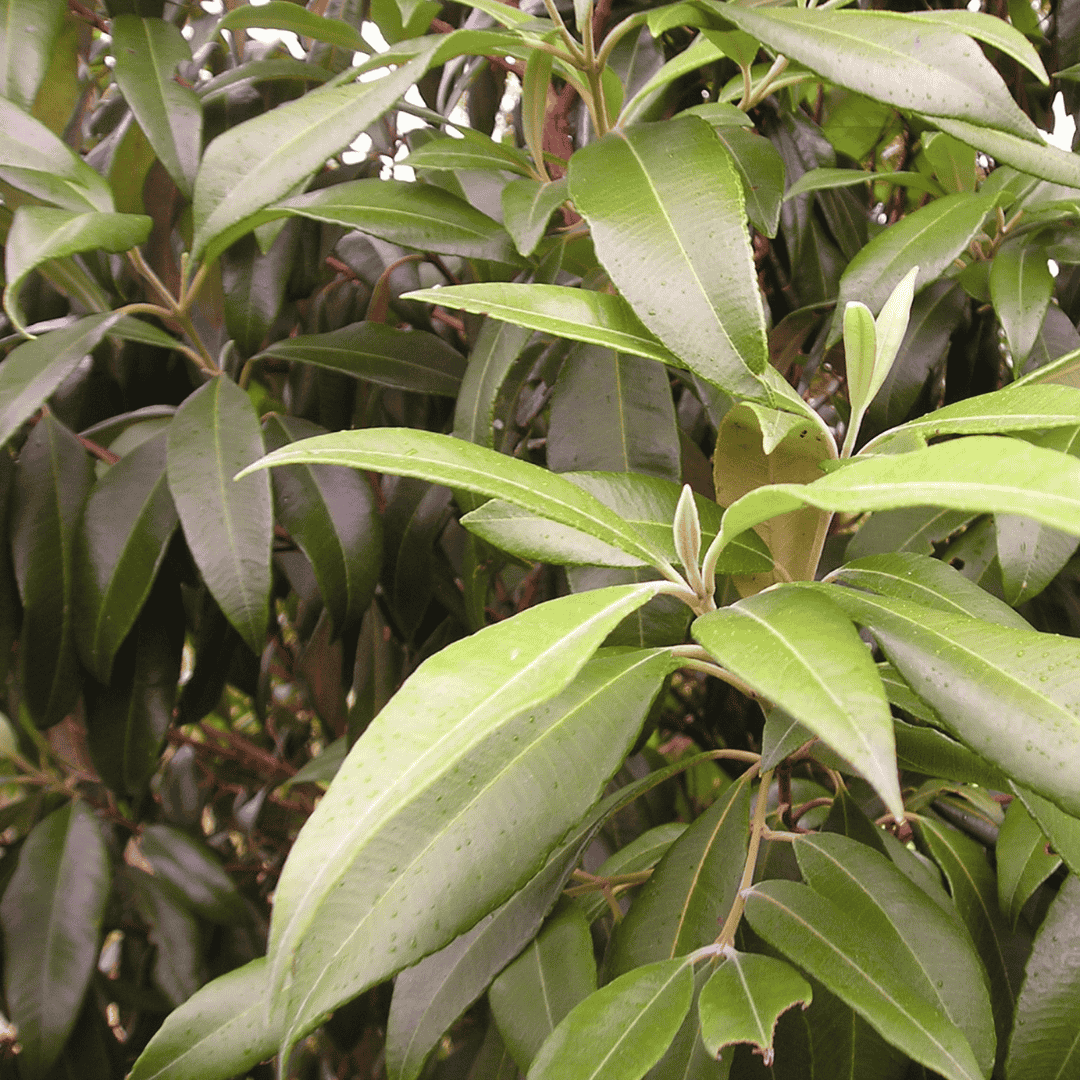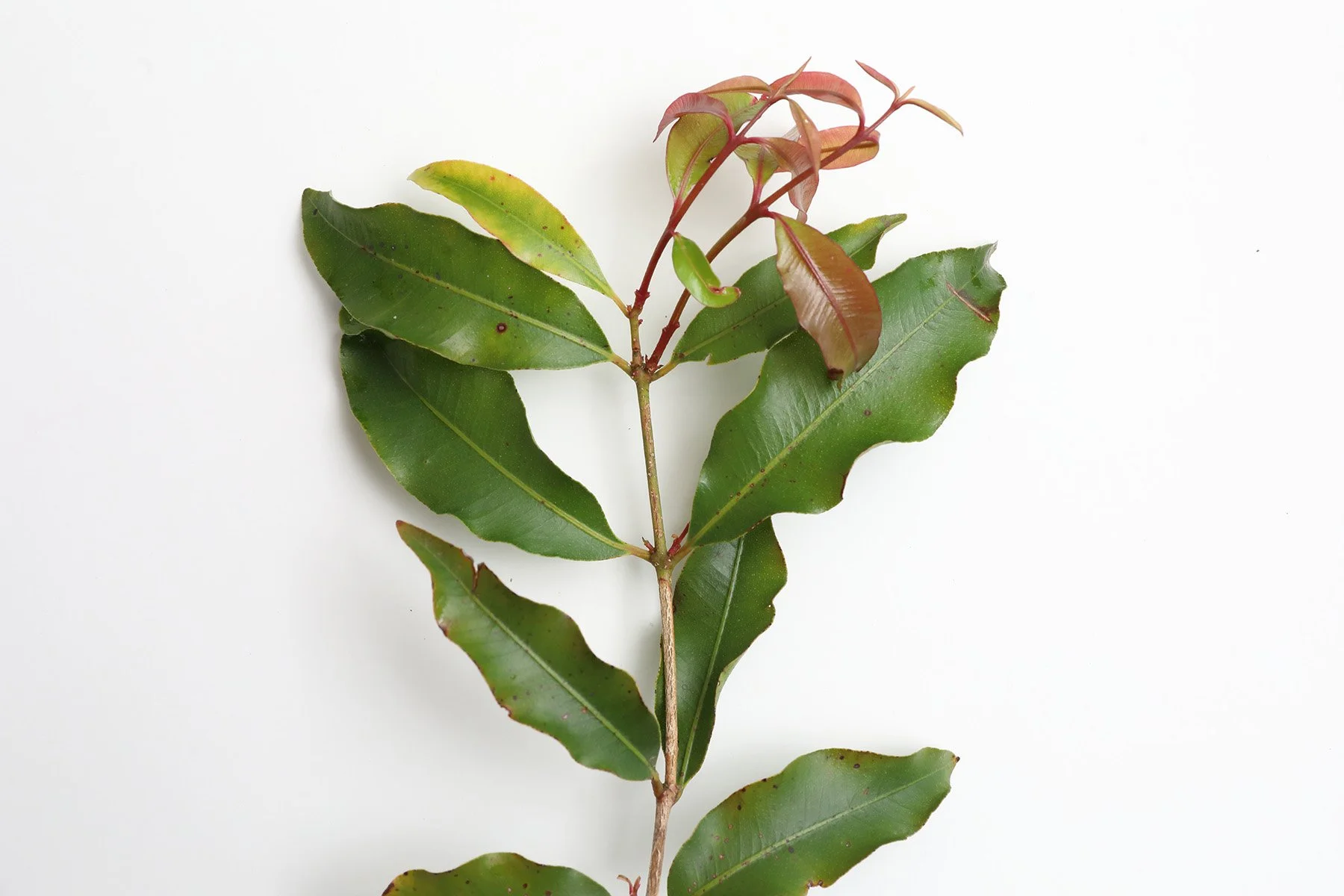-
Infuse in Hot Liquids: Lemon Myrtle leaves can be used to infuse hot liquids such as water, milk, or cream. For example, you can make Lemon Myrtle tea by adding a few leaves to hot water.
Use in Baking: Lemon Myrtle can be used as a citrus substitute in baking recipes. You can add finely chopped leaves or powdered dried leaves to cookies, cakes, muffins, and bread.
Spice Blends and Rubs: Incorporate dried Lemon Myrtle leaves into spice blends and rubs for meats and vegetables. It pairs especially well with Asian herbs and spices.
Flavouring Sauces and Soups: Add dried Lemon Myrtle leaves to sauces, soups, and stews. It can bring a lovely lemon flavour to your dishes.
Marinades and Dressings: Create marinades or salad dressings by infusing Lemon Myrtle leaves into olive oil, vinegar, or other liquids. The leaves can add a unique depth of flavour.
-
Best used steeped in water to brew tea. The product can also be milled our ground down to use as a herb in cooking.
Store in an airtight container, in a cool dark place. Exposure to light will affect the colour and potency of this product.
-
Antioxidant Properties: Lemon Myrtle is believed to have high antioxidant activity. Antioxidants help protect the body from oxidative stress by neutralizing harmful free radicals, which are associated with various chronic diseases and aging.
Antimicrobial Effects: Lemon Myrtle has shown strong antimicrobial properties, particularly against bacteria and fungi. This makes it useful in promoting good oral hygiene and potentially supporting the immune system. Some people use it as a natural antimicrobial agent, such as in mouthwashes or gargles.
Anti-Inflammatory Effects: It is suggested that Lemon Myrtle may have anti-inflammatory properties, which could be beneficial for conditions involving inflammation. However, more research is needed to confirm this.
Digestive Health: Some people use Lemon Myrtle tea or preparations as a digestive aid, believing it may help with indigestion, bloating, and soothing an upset stomach. Its pleasant lemon flavour can also make it a soothing beverage for digestive discomfort.
Respiratory Health: Lemon Myrtle leaves have traditionally been used to help relieve respiratory conditions, such as congestion and coughs, thanks to their potential antimicrobial and anti-inflammatory properties.
Immune Support: The antimicrobial and antioxidant properties of Lemon Myrtle may contribute to immune system support. It's often included in herbal remedies designed to support the immune system.
-
Australia has strict biosecurity laws to protect native ecosystems.
Myrtle Rust, a fungal disease (harmless to humans but damaging to plants), affects the Myrtaceae family- including Lemon Myrtle, Anise Myrtle, Cinnamon Myrtle, Geraldton Wax, Riberry, Strawberry Gum and Peppermint Gum.
Restrictions:
Fresh or dried Myrtaceae products cannot be shipped to WA, NT or TAS, unless locally grown or certified by biosecurity authorities.
Processed items (oils, extracts, jams, spice blends) are exempt.
Creative Native’s Policy:
We segregate stock by state where possible, and work with accredited suppliers to protect Australia’s environment while making native foods accessible.
📌 Check your state’s rules before ordering. If you're unsure, head to the FAQs page for more information, or contact us for clarification.



















